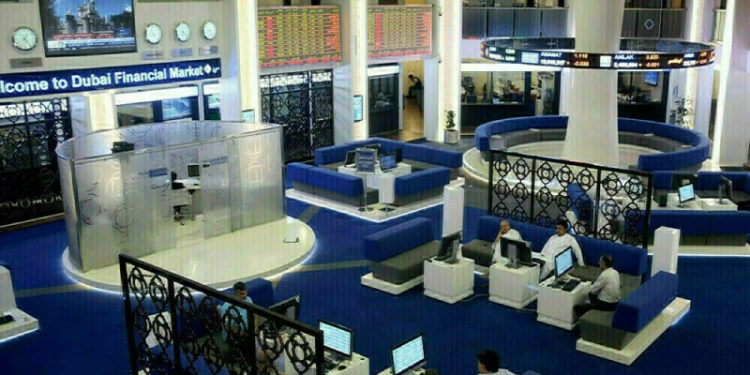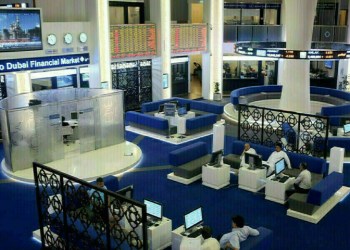LONDON: European stock markets slid on Thursday and Asian counterparts kicked off March with broad losses to extend a global sell-off on US interest rate hike fears.
The volatility seen across stock markets during much of February has returned on worries that a strong US economy and President Donald Trump’s tax cuts will lead the Federal Reserve to tighten borrowing costs more than previously thought.
The latest bout of selling has come after new Fed boss Jerome Powell presented this week an upbeat assessment for the economic outlook.
Powell is due to speak on Capitol Hill again Thursday.
“When interest rates look set to rise, stocks tend to fall,” City Index analyst Fiona Cincotta told AFP.
“A higher interest rate environment is not beneficial for most firms. This is because higher interest rates make it costlier for companies to borrow money,” the expert explained.
“Increased costs meant lower profits. It is this fear of higher interest rates dampening company profits which is causing equities to sell off,” added Cincotta.
Adding to the unease are the relatively high valuations of stocks, despite recent slides, after a stellar 2017 and January that saw some indices hit record or multi-year highs.
“The good news is that March kicks off two of the strongest months historically for equities, before we hit a period of seasonal weakness from May through October,” noted Ryan Detrick, senior market strategist at LPL Financial.
On currency markets, the pound continues to struggle against the dollar on worries about faltering Brexit talks.
British Prime Minister Theresa May on Wednesday rejected a draft EU proposal over the tricky Northern Ireland issue, while the bloc’s chief negotiator said the pace of trade talks needs to pick up to reach a deal this year.
“Brexit is going to get really ugly or it’s not going to happen,” said Greg McKenna, chief market strategist at AxiTrader.
On Wall Street on Wednesday, the Dow, S&P 500 and Nasdaq all ended sharply lower for a second session in a row.
Tokyo finished 1.6-percent lower Thursday, with a stronger yen hitting exporters, while Sydney and Singapore each shed 0.7 percent.
However, Hong Kong recovered initial losses to end up 0.7 percent, while Shanghai rose 0.4 percent.
These two markets won support from a better-than-expected private reading on Chinese factory activity from financial news magazine Caixin, after the official reading had showed growth in manufacturing at its slowest pace in 19 months.
Elsewhere Thursday, both main oil contracts extended losses following another build in US crude stockpiles.
Source: Brecorder.com




























